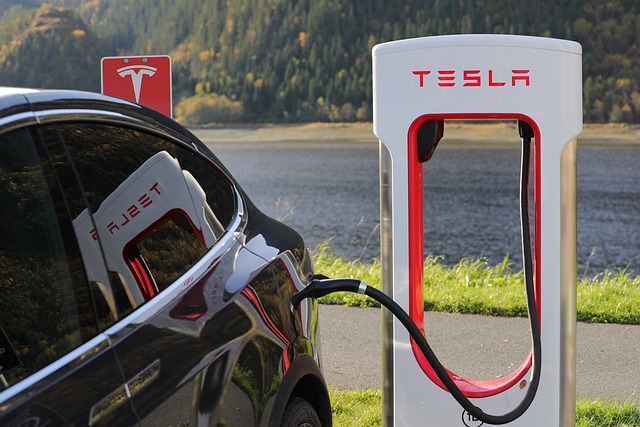In this article we're going to discuss the current tax rules for electric car charging costs. This seems appropriate given the controversy surrounding electric cars at the moment. For example cold weather's negative impact on their range and the lack of available (and functioning!) charging points across the UK.
How the tax rules for electric car charging costs are applied will very much depend on whether the vehicle is recharged at home or the place of work. It will also depend on whether the vehicle is owned by the company or personally. HMRC have discussed the various scenarios in their guidance and we cover these below.
Electricity costs - charging point at workplace
Where the company permits an electric car to be recharged at the workplace the position is as follows:
Electricity costs - charging point at employee's home
Where the electric car charging point is based at your home, the tax treatment is slightly more complex. This depends on whether you or the company own the car concerned plus it will also be contingent on whether the company provides the electricity or you have met these costs personally.
Car charged at home - company provides electricity costs
Car charged at home - employee pays electricity costs
Car charged at home - no reimbursement of electricity costs
Conducting your business from home
Arguably where you almost exclusively carry out your business from home and have installed an electric car charging point at your home, the workplace charging rules should apply (see above). However care should be taken, especially if you own your electric car personally and your company has applied for a government grant towards the cost of installing the electric car charging point at home. This may compromise any tax deduction for any charging costs relating to business use. Therefore where you have been awarded a government grant for an electric car charging point which has been installed at your home, prima facie this should be covered by the workplace charging rules.
What about vans?
There is no taxable benefit in kind where your company provides you with an electric van, even if it is used privately. Additionally there is no taxable benefit on electricity costs provided. Maybe now is the time to start investing in a Cybertruck!
For more useful information, check out our Ebooks here.
And if you'd like to know how we can help you with all of this, or with anything else, feel free to give us a call on 01202 048696 or email us at [email protected].
Alternatively, please feel free to complete our Business Questionnaire here.

